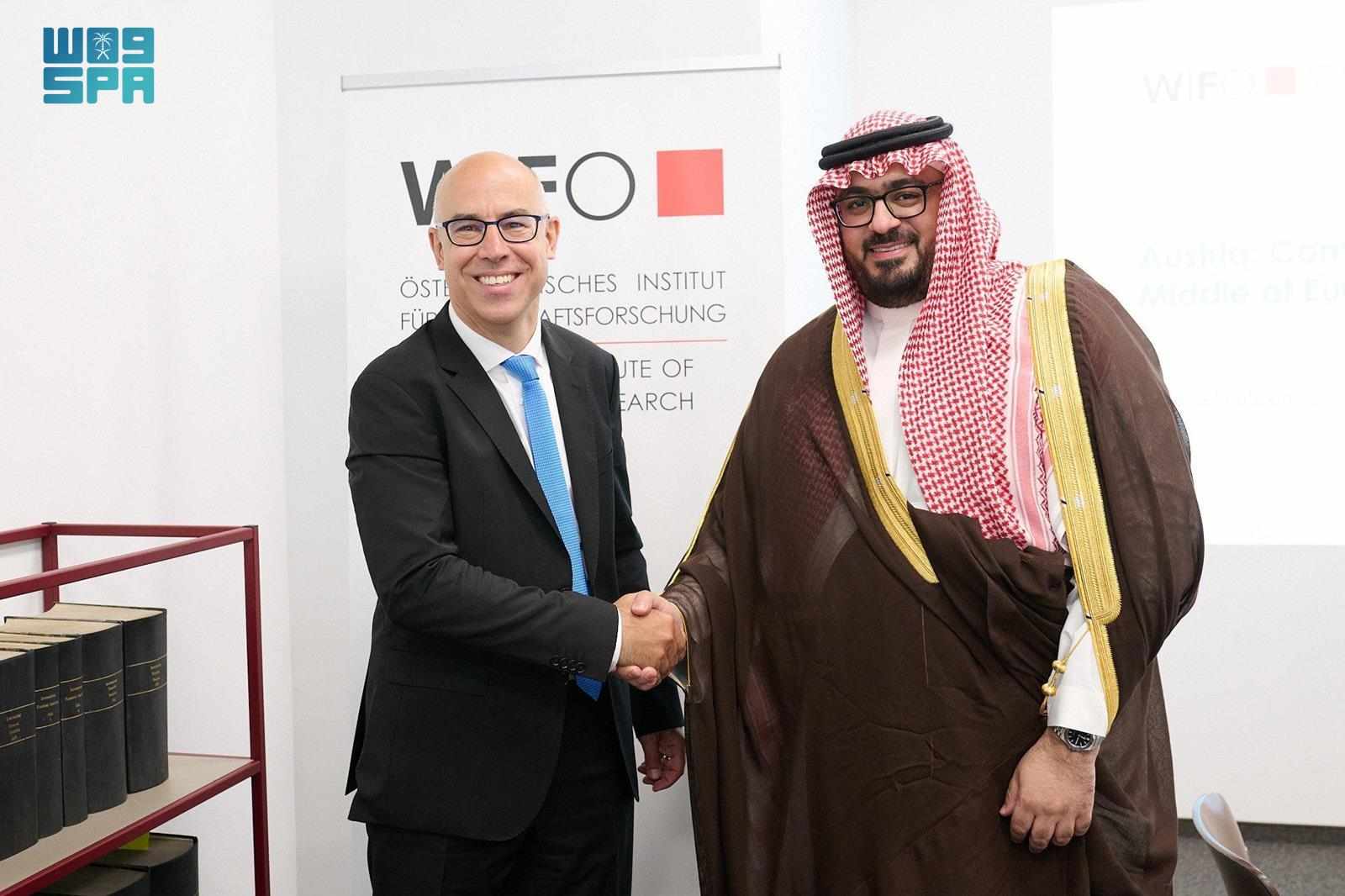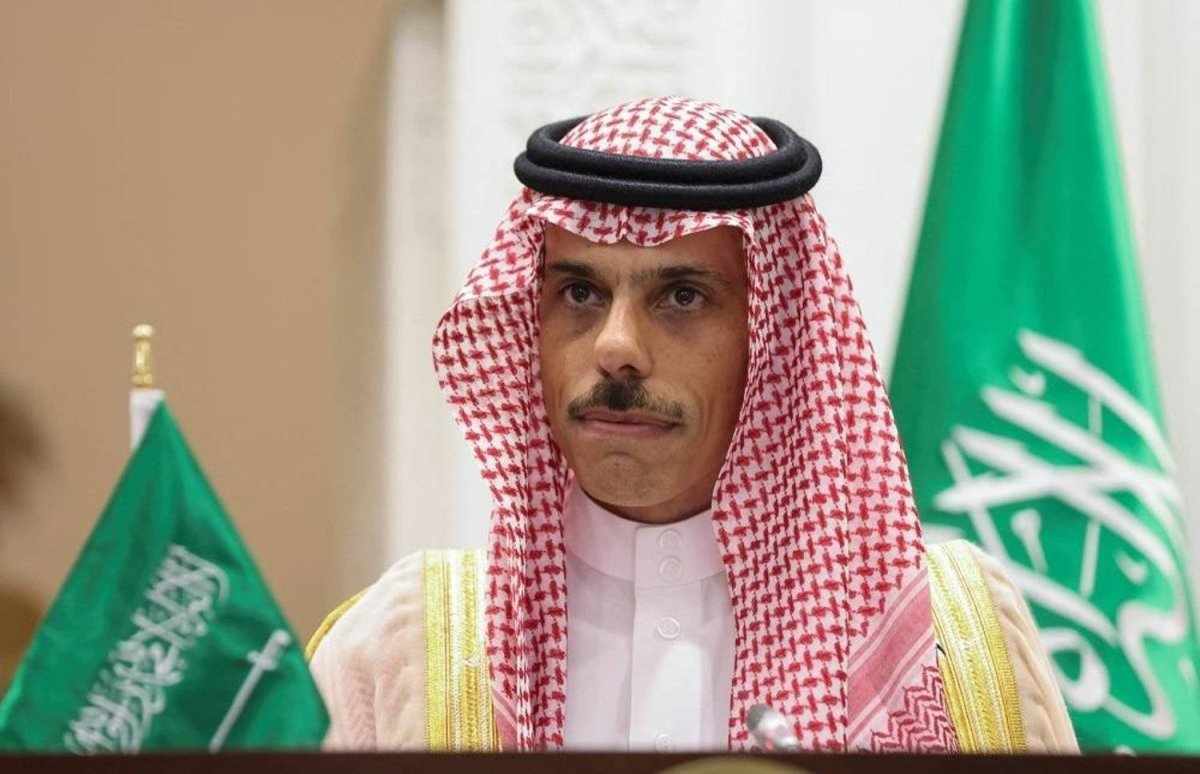Impact of reforms: Saudi economy will become 60% more resilient to oil shocks
- Date: 28-Sep-2022
- Source: Zawya
- Sector:Financial Services
- Country:Saudi Arabia
Impact of reforms: Saudi economy will become 60% more resilient to oil shocks
As Saudi Arabia aims to diversify its economy under the Vision 2030 implemented by the Crown Prince Mohamed bin Salman, the kingdom's economy is estimated to become 60% more resilient to oil price shocks by 2030, according to a new study by the King Abdullah Petroleum Studies and Research Center (KAPSARC).
Vision 2030’s economic reforms will make Saudi households’ consumption 40% less volatile, stabilize economic activity, employment levels and household income, improving the overall well-being of households in the long-term, KAPSARC said in a study titled “Resilience of Saudi Arabia’s Economy to Shocks: Effects of Economic Reforms.”
Dr. Axel Pierru, KAPSARC’s Energy Macro & Microeconomics Program Director, said: “As expected for the world’s largest oil exporter, oil price shocks are a major source of macroeconomic fluctuations. Ending this vulnerability is the core of Vision 2030, as the Kingdom aims to diversify its economy.”
Saudi Arabia's oil reserves will remain an important source of revenue for the country in the long term. The Kingdom will increase its oil production capacity by one million barrels per day in the coming years.
Saudi Arabia's crude oil exports in July rose to 7.38 million barrels per day from 7.20 million bpd in June, the International Energy Forum (IEF)




















